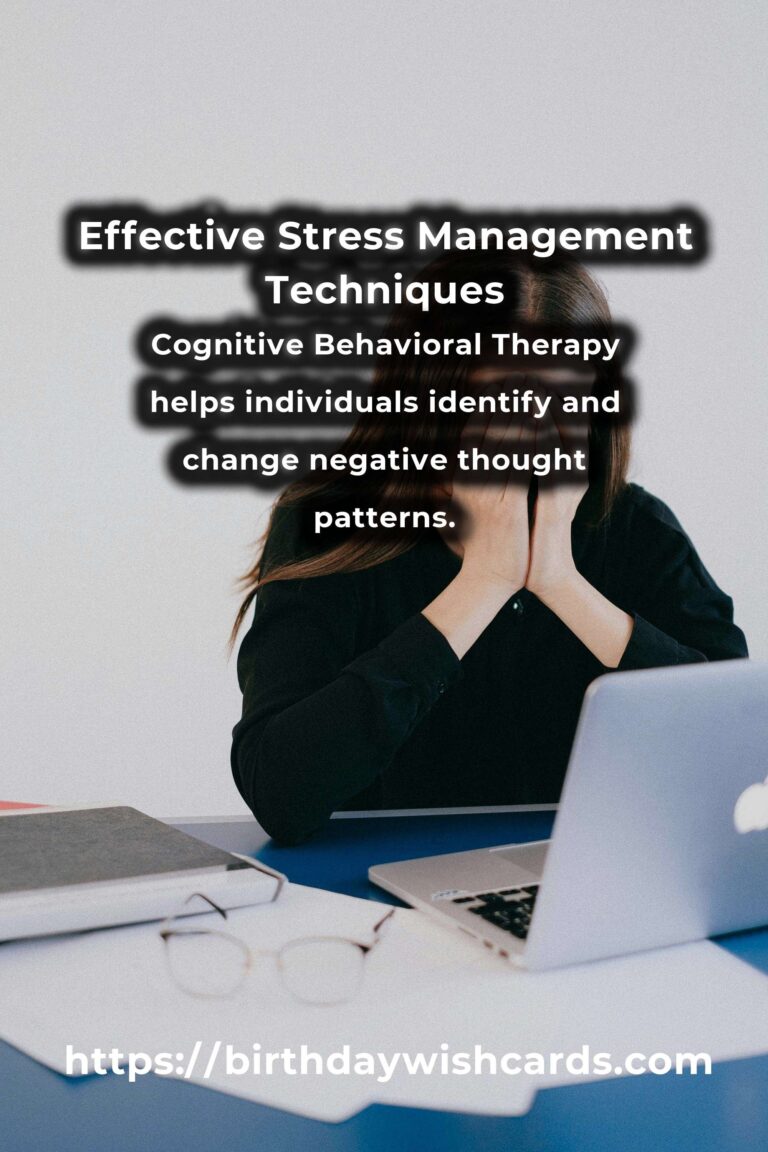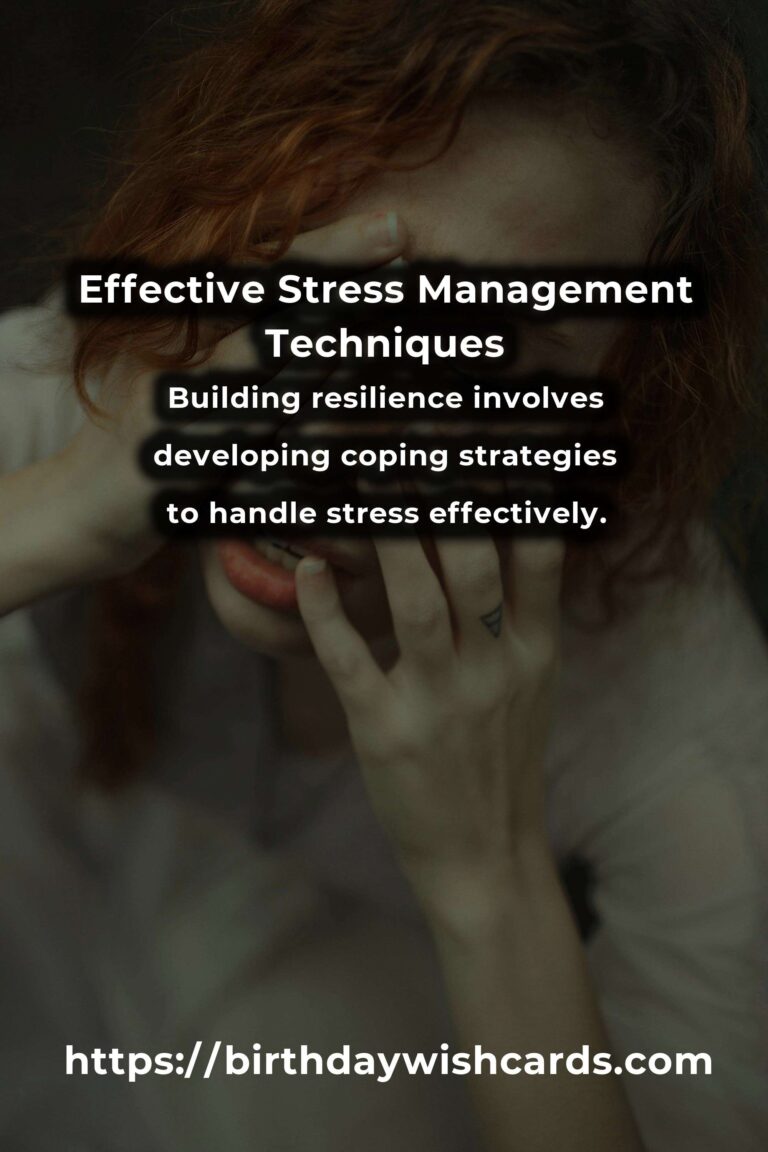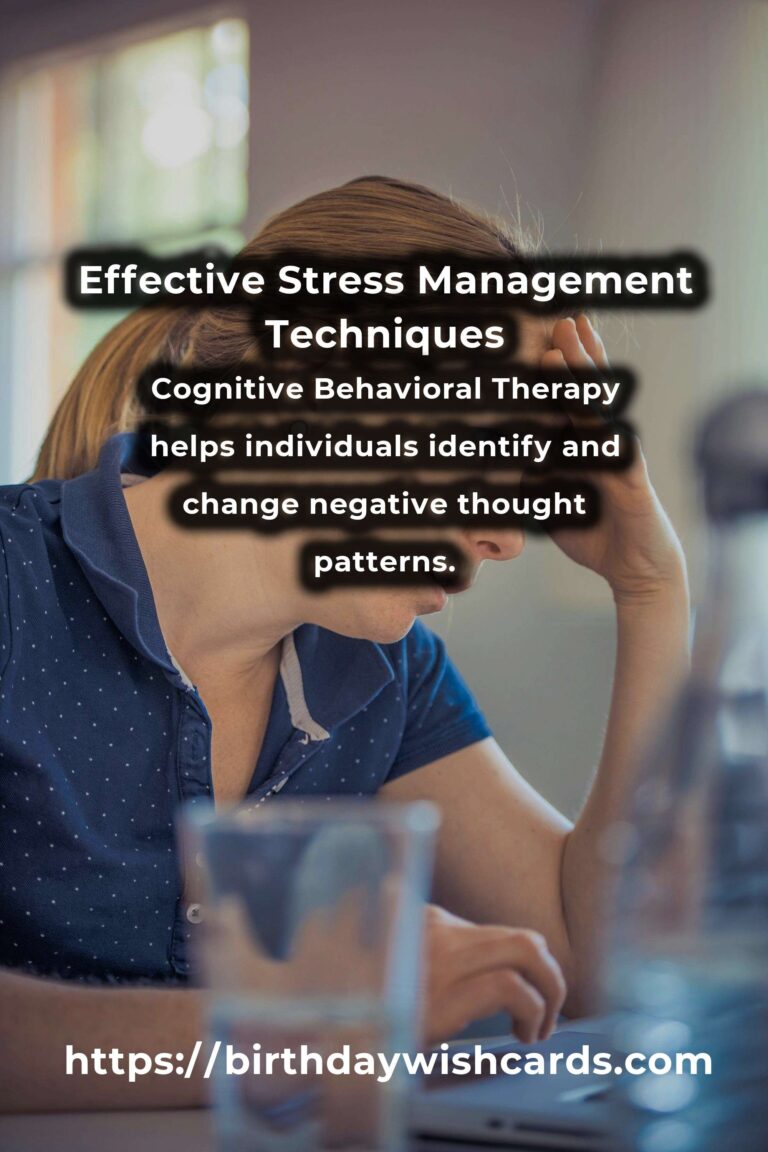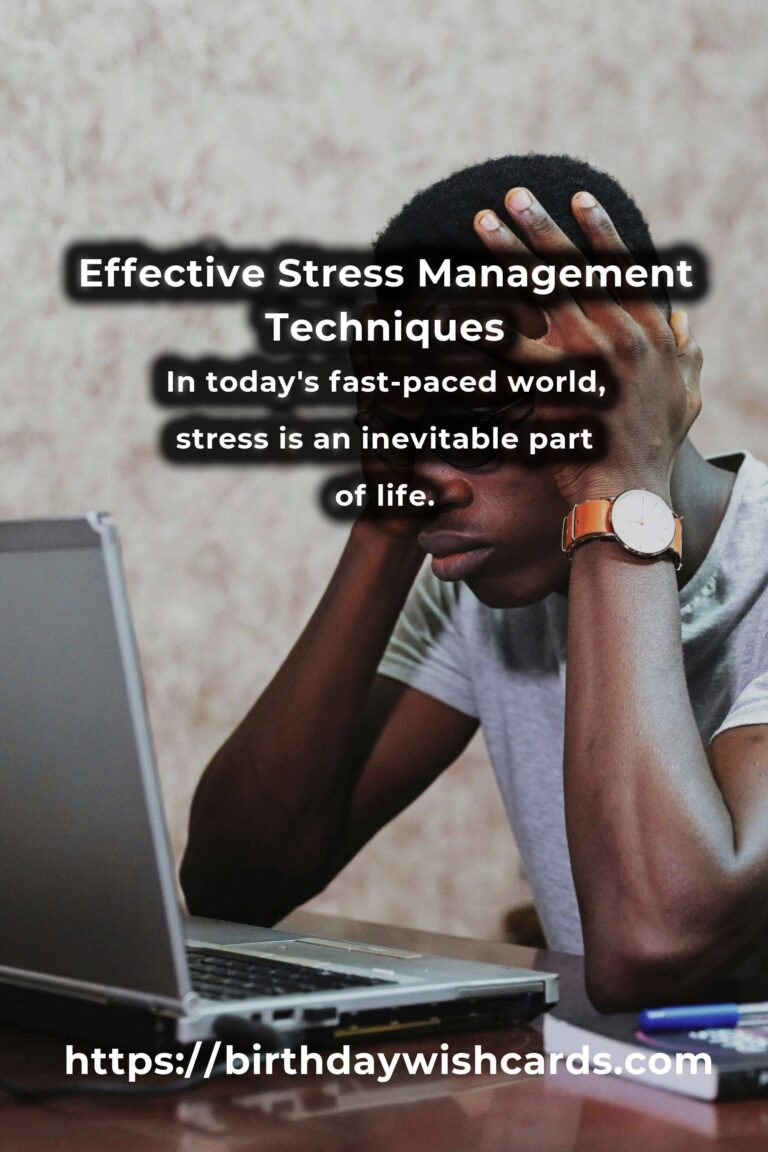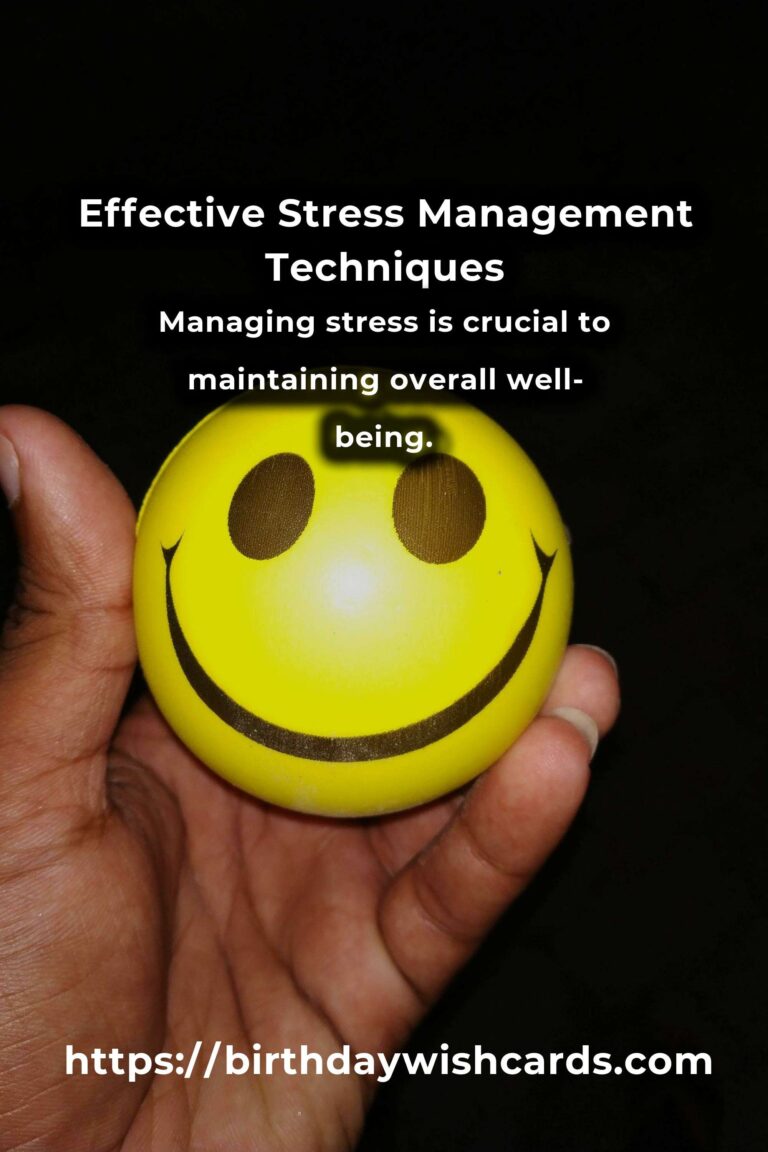
In today’s fast-paced world, stress is an inevitable part of life. However, effective stress management frameworks can help individuals cope with stress more efficiently and lead healthier lives. This article delves into expert advice on various stress management techniques and frameworks.
Understanding Stress and Its Impact
Stress is a natural response to challenging or demanding situations. It triggers the body’s ‘fight or flight’ response, releasing hormones like adrenaline and cortisol. While short-term stress can be beneficial, chronic stress can have detrimental effects on physical and mental health.
The Importance of Stress Management
Managing stress is crucial to maintaining overall well-being. Chronic stress can lead to issues such as anxiety, depression, cardiovascular diseases, and a weakened immune system. Developing effective stress management strategies is essential to counteract these effects.
Popular Stress Management Frameworks
Cognitive Behavioral Therapy (CBT)
Cognitive Behavioral Therapy is a widely-used framework that helps individuals identify and change negative thought patterns. By focusing on altering cognitive distortions, CBT can reduce stress and improve mental health.
Mindfulness-Based Stress Reduction (MBSR)
MBSR is a program that combines mindfulness meditation and yoga to cultivate present-moment awareness. This framework has been shown to reduce stress, anxiety, and depression through regular practice.
The Resilience Framework
Building resilience involves developing coping strategies to handle stress effectively. This framework emphasizes adaptability, positive thinking, and emotional regulation to build a buffer against stress.
Practical Stress Management Techniques
Deep Breathing Exercises
Deep breathing exercises are a simple yet effective way to reduce stress. By focusing on slow, deep breaths, individuals can activate the parasympathetic nervous system, promoting relaxation.
Physical Activity
Engaging in regular physical activity is a powerful stress reliever. Exercise releases endorphins, which are natural mood lifters, and can help reduce stress levels.
Time Management
Effective time management can significantly reduce stress. Prioritizing tasks, setting realistic goals, and taking breaks can help prevent overwhelm and improve productivity.
Conclusion
Managing stress effectively is essential for leading a healthier and more fulfilling life. By adopting proven stress management frameworks and techniques, individuals can better cope with stress and improve their overall well-being. Whether through cognitive approaches like CBT, mindfulness practices, or resilience-building strategies, the key is to find a method that resonates personally and commit to regular practice.
In today’s fast-paced world, stress is an inevitable part of life. Managing stress is crucial to maintaining overall well-being. Cognitive Behavioral Therapy helps individuals identify and change negative thought patterns. Mindfulness-Based Stress Reduction combines mindfulness meditation and yoga to reduce stress. Building resilience involves developing coping strategies to handle stress effectively.
#StressManagement #Mindfulness #CBT #Resilience #MentalHealth



